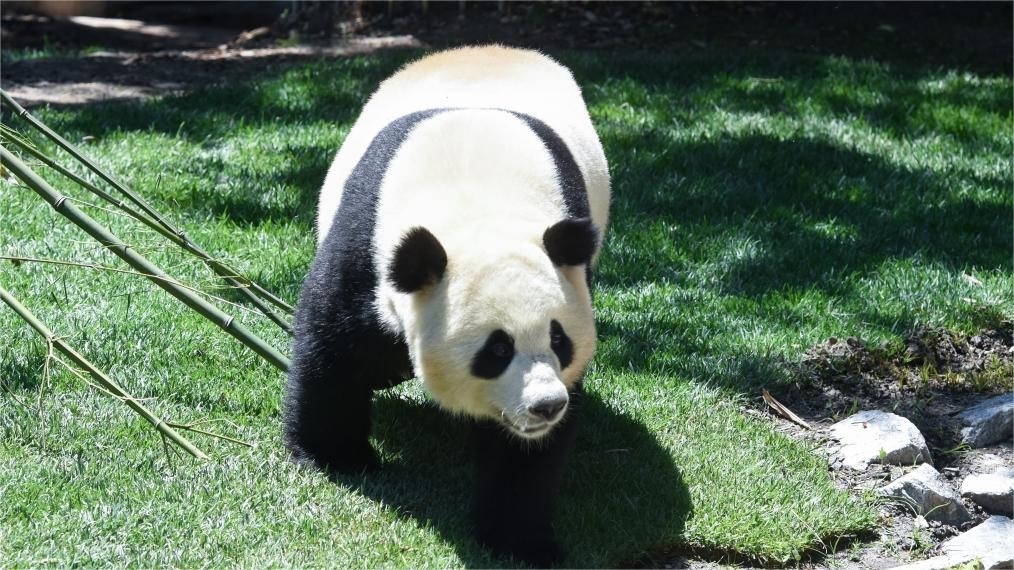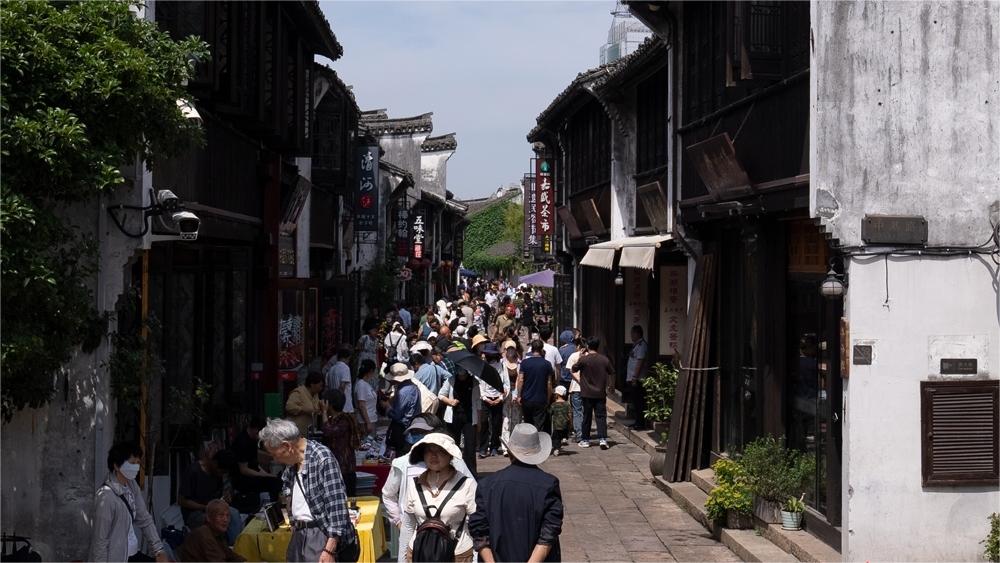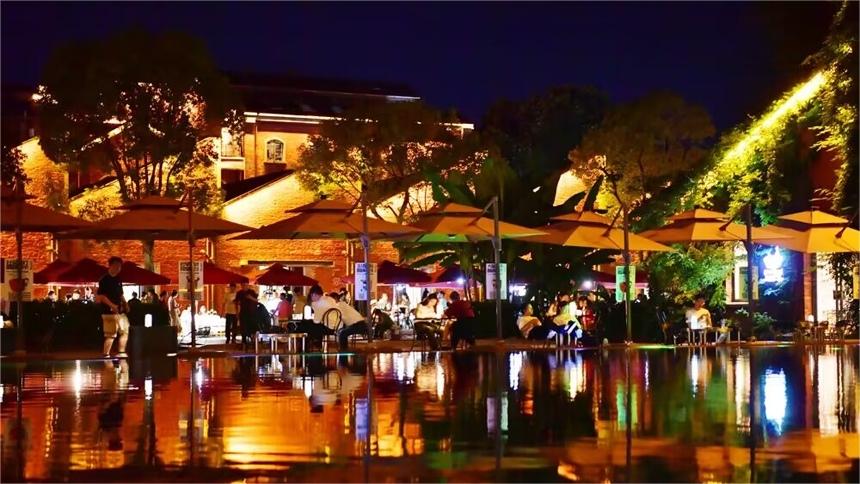Blueprint set for future of Sino-Arab ties

Representatives of Arab countries attend the opening ceremony of the 10th Ministerial Conference of the China-Arab States Cooperation Forum in Beijing on Thursday. [Photo/Xinhua]
Over the past week, the world has seen packed diplomatic schedules producing fruitful outcomes, both at the 10th Ministerial Conference of the China-Arab States Cooperation Forum in Beijing and in the state visits made by leaders of four Arab nations.
Analysts said the series of statements issued and the cooperation documents signed at the ministerial meeting and during the state visits set practical goals for the coming years, and have charted road maps for taking China-Arab ties and the construction of the Belt and Road to a higher level.
China has been the top trading partner of Arab countries for years, with annual China-Arab trade volume growing from $36.7 billion in 2004 to $398.1 billion last year.
The two sides have carried out more than 200 large-scale Belt and Road cooperation projects, benefiting nearly 2 billion people.
Addressing the opening ceremony of the ministerial meeting on Thursday, President Xi Jinping outlined five frameworks for future two-way collaboration, covering innovation, investment and finance, energy, trade and people-to-people exchanges.
At its conclusion, the meeting adopted the Beijing Declaration and an action plan that covers the period from 2024 to 2026, including plans to further strengthen political, economic, social and development cooperation, particularly in the areas of investment, infrastructure, energy, science and technology, and culture.
Regarding the efforts of the China-Arab States Cooperation Forum over the past 20 years, Ahmed Aboul Gheit, secretary-general of the League of Arab States, told Chinese media that the importance of the forum "is self-evident, as it covers an extremely wide range of topics and areas".
Foreign Minister Wang Yi called for ushering in "an even more glorious 20 years" of China-Arab cooperation, and said that "while the blueprint has been drawn, implementation is the key".
In addition, China and Arab countries issued a joint statement on the question of Palestine, stating that joint efforts should be made to facilitate a cease-fire in the Gaza Strip at an early date and to realize a comprehensive, just and lasting settlement of the question of Palestine.
Palestinian Ambassador to China Fariz Mehdawi said of Beijing's push for peace that "they understand us and know what's the solution for us, giving us more resilience".
In the past week, the visits to China by the heads of state of four countries — Bahrain, Egypt, Tunisia and the United Arab Emirates — yielded fruitful results as well.
Niu Xinchun, executive director of the China-Arab Research Institute at Ningxia University, said all the fresh areas of consensus and blueprints unveiled in Beijing "sent a clear signal that the two sides are committed and well prepared to foster the region's peace and make a greater contribution to world stability, while engaging more in economic cooperation to better benefit each other".
"Both sides represent a stabilizing force for development and peace for the globe," he said.
While the two sides have worked well in conventional areas such as trade, energy and infrastructure, Arab countries now seek to reindustrialize themselves and are looking more to cutting-edge technologies, and so is China, Niu said, adding that this has given two-way investment a new focus.
The first China-Arab Summit convened in Riyadh, Saudi Arabia, in 2022. At the ministerial meeting last week, both sides welcomed the plan unveiled by President Xi to convene the second summit in China in 2026.
Experts said it is essential to further tap the leading role of the summit to speed up the construction of a China-Arab community with a shared future.
Su Xiaohui, deputy director of the Department of American Studies at the China Institute of International Studies, said the summit is a further upgrade of the overarching China-Arab communication mechanism, as the summit can better consolidate consensus, and it is bound to "play a stronger leading role in detailed planning of future cooperation".
"The high hopes for the summit mean great prospects for cooperation between the two sides, and the summit also serves as a reminder of the long-term design and long-running considerations of China's diplomacy," she added.
Analysts said that behind the fruitful China-Arab cooperation that overcomes geographic distance is the fact that both sides represent developing countries, setting a great example of South-South cooperation.
One key area of common ground is that both sides support multilateralism and advance global governance reform, Su said.
"Over the past 20 years, the two sides have communicated in a way that accommodates each other's comfort without imposing strategic demands, and they have always emphasized that each country has the right to choose its own development path," Su said.
Photos
Related Stories
- China-Arab states cooperation accelerates building of community with shared future
- Key facts about China-Arab relations
- Opening ceremony of 10th ministerial conference of China-Arab States Cooperation Forum held in Beijing
- China, Arab states adopt series of outcome documents
- Chinese FM meets Arab guests
- Sino-Arab cooperation to get boost, envoy says
Copyright © 2024 People's Daily Online. All Rights Reserved.









